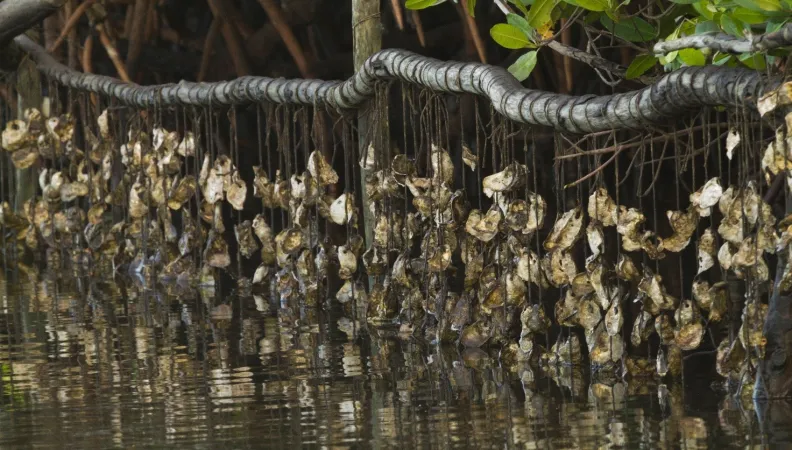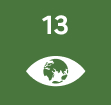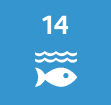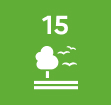Share the page
Strengthening Community Resilience to Environmental Vulnerabilities in the Sine Saloum Delta (RESCO SALOUM)
Project


-
Project start date
-
Status
In progress
-
Estimated date of project termination
-
-
Project financing date
-
-
Financing duration
-
3,5 years
-
Type of program
-
FFEM
-
Global financing amount
-
€ 3000000
-
FFEM financing amount
-
€ 1300000
-
Project lead member institution(s)
-
Ministry of the Ecological Transition, Biodiversity, Forests, Sea and Fisheries
-
Country and region
-
Senegal
-
Type of financing
-
Partners
-
EU
-
Beneficiaries
-
NEBEDAY Association



The project, led by the NEBEDAY association, aims to enhance the adaptive capacities and resilience of communities in the Sine Saloum Delta in the face of ecological, economic, and climate-related vulnerabilities.
Context
The Sine Saloum Delta in Senegal is a globally significant wetland ecosystem (UNESCO World Heritage Site, RAMSAR Site, and Biosphere Reserve), rich in biodiversity but increasingly vulnerable to human pressure and climate change. The effects of climate change, such as soil salinization and coastal erosion, exacerbate the fragility of coastal communities, accelerating deforestation and resource degradation.
Despite ongoing conservation efforts, environmental threats persist, with rising pollution and soil degradation impacting agriculture and fisheries-two essential sectors for local livelihoods. Overfishing and unsustainable resource use further contribute to poverty, particularly affecting women, who are among the most vulnerable.
On a socio-economic level, rapid urbanization and demographic pressure are increasing the need for climate adaptation strategies. These include the promotion of sustainable practices, reforestation, and clean technologies to improve living conditions while preserving ecosystems. The implementation of these initiatives is critical to strengthening community resilience to environmental and socio-economic challenges.
Description
The project has four main focuses:
- Piloting innovative coastal protection solutions by implementing Savard Maltese groyne systems (SEMS) to test their effectiveness in mitigating coastal risks and climate change impacts.
- Strengthening local governance and social entrepreneurship by reinforcing community-based Marine Protected Area (MPA) management committees and supporting the launch of MAAM NATURE, a social enterprise dedicated to commercializing women-led products and developing high-value market opportunities. Profits will be reinvested to support small-scale producers and local value chains.
- Promoting sustainable certification by supporting the organic certification of locally processed natural resources.
- Enhancing participatory monitoring and co-management of three pilot community MPAs.
- Scaling up best practices for climate adaptation through civil society organizations.
Outcomes
- Testing and documenting innovative restoration techniques for transitional zones.
- Strengthening the economic viability of a social eco-enterprise, improving value chains and income for at least 500 families.
- Disseminating energy efficiency best practices through a multifunctional training center.
Innovative and exemplary features
The NEBEDAY Association has a strong local presence in the Sine Saloum Delta and works in close collaboration with local communities. This project will pilot innovative, nature-based solutions for coastal ecosystem restoration, contributing to climate resilience.
Building on NEBEDAY’s existing initiatives, the project expands and diversifies efforts already underway to mitigate coastal risks and restore fragile ecosystems.
With a strong focus on women and youth, the initiative integrates local development, biodiversity conservation, and climate adaptation. Its innovative structure allows for the scaling up of an NGO-led program while maximizing socio-economic benefits for women in the region.
Sustainable Development Goals
ODD13 Climate action

ODD14 Life below water

ODD15 Life on land



